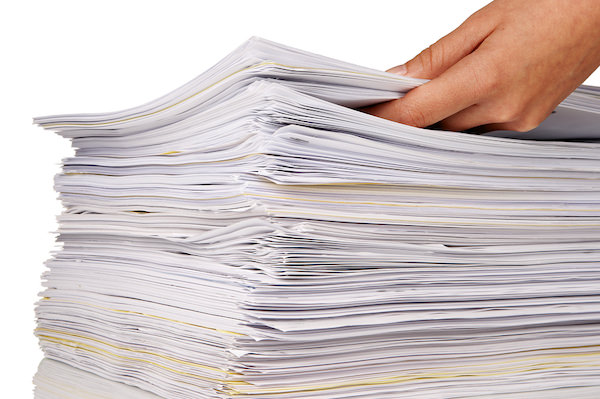Preparing for your annual broker-dealer audit should be a proactive agenda throughout your company’s fiscal year. Early preparation allows your business to stay compliant with the numerous rules and regulations. Failure to implement preemptive measures may result in an interruption of your … Read More
regulations surrounding 401(k) audits
Navigating the regulations surrounding 401(k) audits is a crucial aspect of ensuring compliance, transparency, and fiduciary responsibility in retirement plan management. The regulatory landscape governing 401(k) audits is intricate, and understanding and adhering to these regulations is paramount for plan sponsors, administrators, and auditors alike.
The Department of Labor (DOL) imposes stringent guidelines to safeguard the interests of plan participants and maintain the integrity of 401(k) plans. Conducting regular audits is a fiduciary responsibility that helps ensure the plan's financial soundness and adherence to regulatory standards.
One key regulation surrounding 401(k) audits is the requirement for plans with 100 or more participants to undergo an annual audit. This audit, as outlined in the Employee Retirement Income Security Act (ERISA), involves a comprehensive examination of the plan's financial statements and operations. The objective is to provide assurance regarding the accuracy of financial reporting and the effectiveness of internal controls.
The selection of a qualified and independent auditor is critical in meeting regulatory requirements. The auditor must possess a deep understanding of ERISA, Generally Accepted Auditing Standards (GAAS), and other relevant regulations. Their independence ensures an unbiased assessment of the plan's financial health.
Timeliness is another crucial aspect governed by regulations surrounding 401(k) audits. The Form 5500 filing deadline, including any extensions, aligns with the completion of the audit. Meeting these deadlines is essential for avoiding penalties and maintaining compliance with DOL regulations.
Ensuring that plan assets are held and reported accurately is central to 401(k) audit regulations. Auditors must verify the accuracy of participant data, contributions, distributions, and other transactions. This scrutiny not only aligns with regulatory requirements but also safeguards participants' interests and the plan's financial integrity.
Documentation and record-keeping are emphasized in 401(k) audit regulations. Plan sponsors and administrators must maintain thorough records of plan activities, transactions, and communications. These records serve as evidence of compliance during audits and investigations.
In conclusion, the regulations surrounding 401(k) audits are designed to uphold the integrity of retirement plans and protect the interests of participants. Adhering to these regulations requires a collaborative effort between plan sponsors, administrators, and qualified auditors. A meticulous approach to compliance not only meets regulatory requirements but also contributes to the overall success and trustworthiness of 401(k) plans.
Mistakes That Trigger a 401k Audit
Mistakes That Trigger a 401k Audit Being subject to an IRS audit can be an unnerving experience, so it’s understandable that organizations would want to prevent one. Benefit plan administrators should do what they can to avoid 401(k) audit mistakes and ensure that their plans are in … Read More
Full Scope Audit or Limited Scope Audit- Which One and Why?
When planning for an audit of your 401(k) or other retirement plan, you might question if a full scope audit or limited scope audit should be conducted. It is important to determine if your plan requires an audit, and know your options. Failure to comply with audit requirements can lead to a host … Read More


